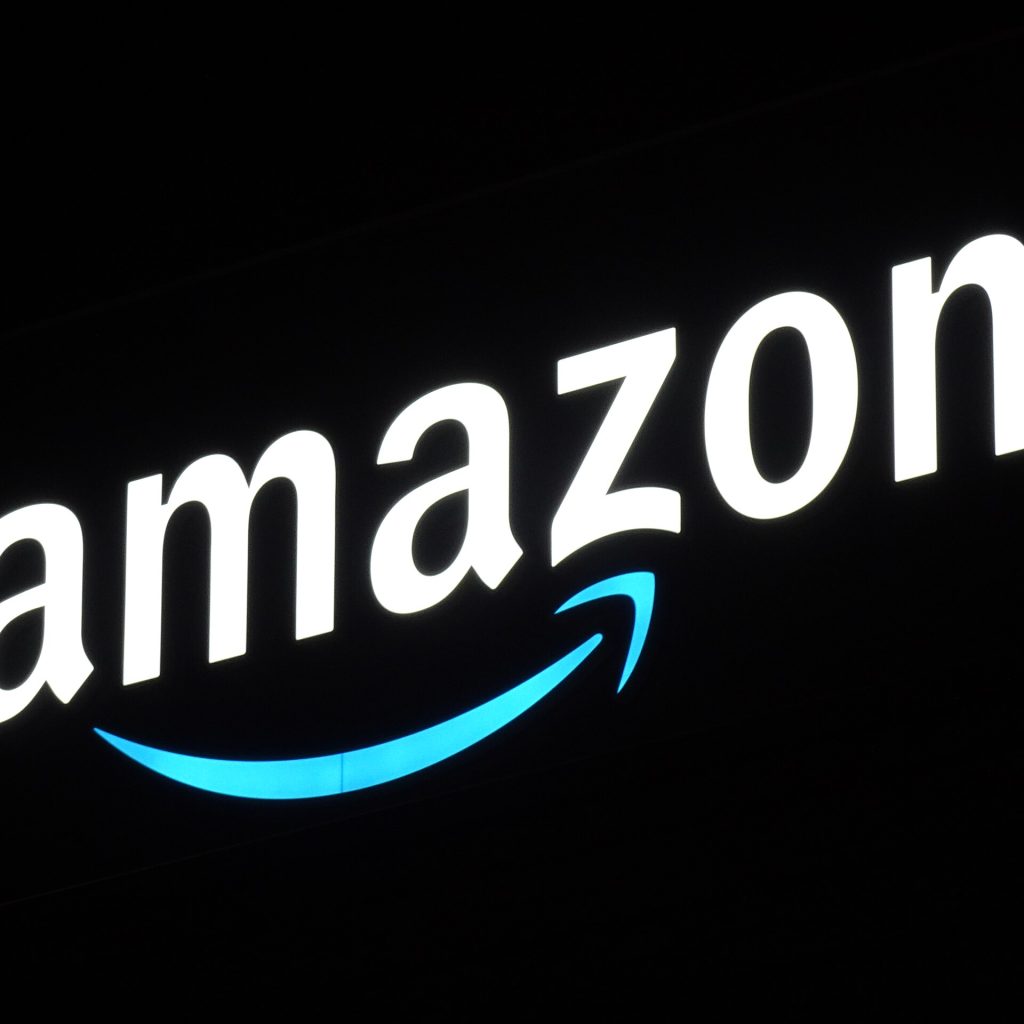Amazon launched the first 27 operational satellites for its Project Kuiper broadband network on Monday, marking a significant step in the company’s delayed entry into the satellite internet sector dominated by SpaceX’s Starlink.
The satellites were carried into low-Earth orbit atop an Atlas V rocket operated by United Launch Alliance (ULA), a joint venture between Boeing (BA.N) and Lockheed Martin (LMT.N). The launch took place at 7 p.m. EDT from Cape Canaveral Space Force Station, following a weather-related postponement earlier this month.
Project Kuiper is Amazon’s $10 billion initiative to deploy a constellation of 3,236 satellites aimed at providing global broadband coverage, particularly in underserved and rural areas. It represents the company’s largest infrastructure venture outside its core e-commerce and cloud services businesses.
“This launch marks the beginning of Kuiper’s mission to bridge the digital divide,” Amazon said in a statement. The company expects to establish contact with the satellites from its Redmond, Washington operations center within hours or days of the launch. “We expect to begin delivering service to customers later this year,” Amazon added.
The Federal Communications Commission (FCC) has mandated Amazon deploy at least half of the Kuiper constellation—1,618 satellites—by mid-2026. Analysts suggest that the company may seek an extension due to delays; the inaugural operational launch had originally been targeted for early 2024.
Amazon’s entry comes at a time when SpaceX has accelerated its Starlink program, which has launched over 8,000 satellites since 2019 and now serves more than 5 million users in 125 countries. SpaceX, which manufactures and launches its own satellites using reusable Falcon 9 rockets, recently completed its 250th dedicated Starlink launch.
Despite the competition, Amazon Executive Chairman Jeff Bezos remains optimistic. “There’s insatiable demand for internet,” Bezos said in an interview with Reuters in January. “There’s room for lots of winners there. I predict Starlink will continue to be successful, and I predict Kuiper will be successful as well.”
Project Kuiper plans to offer its service using compact user terminals, including a standard version roughly the size of an LP record and a smaller device comparable to Amazon’s Kindle. The company says it aims to manufacture tens of millions of these terminals at a cost of under $400 each.
Amazon has secured 83 rocket launches from ULA, Arianespace, and Blue Origin—also founded by Bezos—making it one of the largest commercial launch deals in the satellite industry. According to ULA CEO Tory Bruno, the launch provider could conduct up to five additional Kuiper missions this year.
While Amazon acknowledges a late start in a competitive market, company executives believe its established global infrastructure and cloud computing capabilities through AWS could provide a unique advantage as Project Kuiper scales up.
